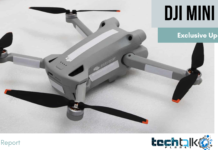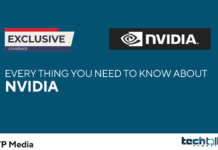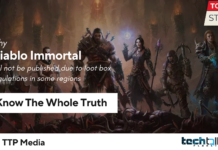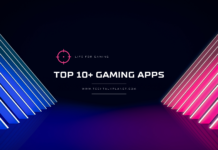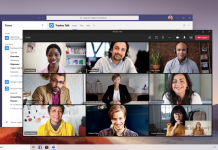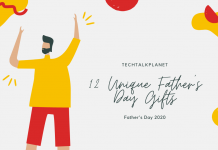
The proposed acquisition of Activision Blizzard by Microsoft has been subject to a thorough investigation by the European Commission.
The European watchdog announced on Tuesday that it has launched a “phase II” inquiry into the $68.7 billion acquisition following its initial investigations, as was expected, citing worries about possible harm to competition.
The proposed acquisition, it stated, “raises concerns that it may lessen competition in the markets for the distribution of video games for consoles and personal computers (‘PCs’) as well as for PC operating systems.”
Now, the Commission has 90 working days, or until March 23, 2023, to reach a decision on the transaction.
It claimed that preliminary research indicated the deal might drastically lessen competition in a number of markets.
“The Commission is particularly concerned that, by purchasing Activision Blizzard, Microsoft may block access to Activision Blizzard’s console and PC video games, in particular to high-profile and highly popular games (so-called “AAA” games”) such as “Call of Duty,” it said in its letter.
“The preliminary investigation suggests that Microsoft may be able to engage in foreclosure strategies against Microsoft’s rival distributors of console video games, such as forbidding these businesses from distributing Activision Blizzard’s console video games on consoles or weakening the terms and conditions for their use of or access to these video games.
“With regard to multi-game subscription services and/or cloud game streaming services in particular, the Commission is concerned that by acquiring Activision Blizzard, Microsoft may deny access to its own PC and console video games, which are essential for the provision of the nascent services of multi-game subscription and cloud game streaming, to the detriment of its rival distributors of console and PC video games that offer such services.
“Such foreclosure tactics could lessen competition in the marketplaces for the distribution of console and PC video games, which could result in higher costs, lesser quality, and less innovation for console game distributors, which could then be passed on to consumers.
Finally, the Commission is concerned that the proposed acquisition would lessen competition on the market for PC operating systems at this point in the investigation. The Commission is particularly worried that by merging Activision Blizzard games with Microsoft’s distribution of games via cloud game streaming to Windows, Microsoft may make it more difficult for competing PC operating system suppliers to compete with Windows. This would deter users from purchasing non-Windows PCs.
“The early analysis indicates that Microsoft may be able, as well as a possible commercial motive, to participate in such behaviour vis-à-vis competing vendors of PC operating systems,” the report reads.
In light of growing antitrust concerns and business concentration, regulators from around the world are closely examining the proposed transaction.
Regulators in Saudi Arabia and Brazil have authorised the transaction, but the UK’s Competition and Markets Authority has extended its probe into a second phase. Before making a final decision by March 1, it is currently soliciting public input on the acquisition from interested parties.
According to reports, the US Federal Trade Commission may rule on the transaction this month.
Phil Spencer, the president of gaming at Microsoft, recently stated that he still has confidence that the deal would be authorised and that he thinks regulatory scrutiny is “fair” and “warranted.”
In a statement to staff members on Tuesday, Activision Blizzard CEO Bobby Kotick reinforced this view by stating that “the process is proceeding exactly as we planned.”
“It’s understandable that authorities are attempting to better understand the games sector because so many huge global corporations throughout the world are now competing in the almost $200 billion games market,” he said. The second part of our examination in the area has begun, the European Commission said this past week. We will keep working with the European Commission to represent the numerous employees we have in the nations they represent.
“We have been collaborating closely with Microsoft to aggressively involve regulators in other significant nations to respond to their inquiries and give them material to aid in their examination. I want to thank everyone who has contributed to this regulatory effort from all of our business divisions and roles. We continue to anticipate that this merger will be completed in Microsoft’s current fiscal year, which ends in June 2023.
Following its debut on October 28, Modern Warfare 2 has continued to be the Call of Duty game with the quickest sales, according to Activision’s announcement on Monday.
Modern Warfare 2 sold over $800 million in its first three days of release and reached the $1 billion milestone in just ten days. By doing so, it broke the previous record, which had been held by 2012’s Black Ops 2, which needed 15 days to sell $1 billion worth of merchandise.



